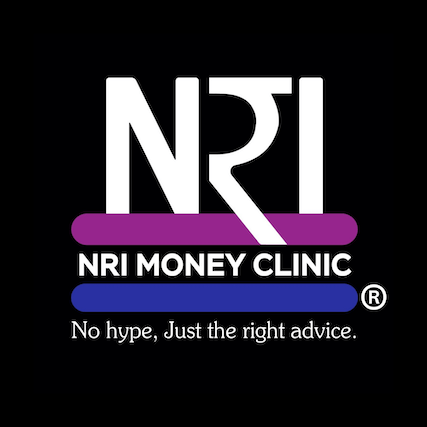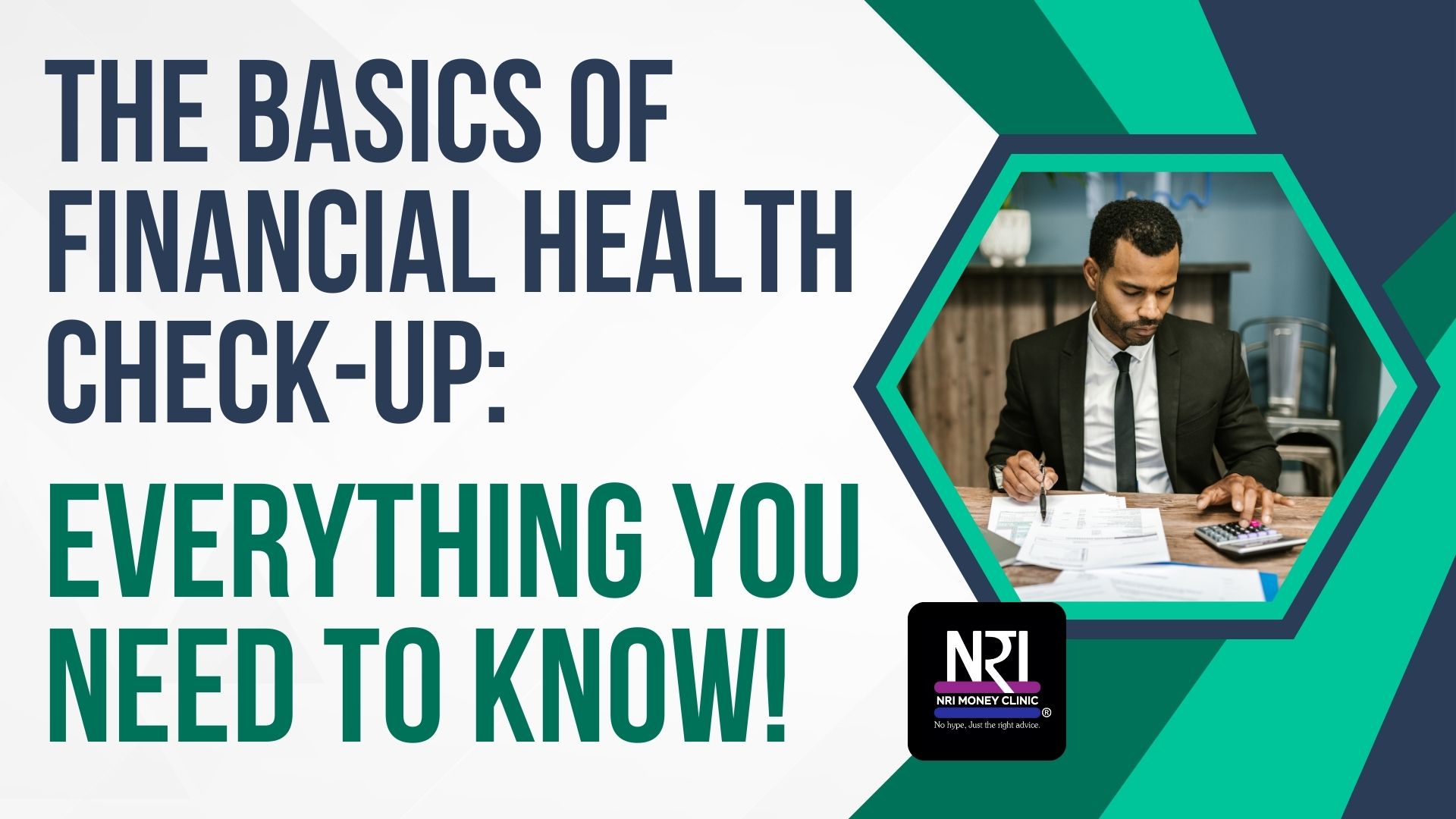We all know how important it is to get a physical health check-up every now and then. But when was the last time you checked your financial health?
If your answer is “never” or “not in the last 5 years”… this guide is for you.
A financial health check-up isn’t about checking your investments or market returns. It’s about understanding where you truly stand today—and how ready you are to reach your life goals.
Let’s dive into everything you need to know to get your financial life in shape!
💡 What Is a Financial Health Check-Up?
It’s a comprehensive review of your current financial position. It helps you answer questions like:
Am I saving enough?
Am I spending too much?
Can I afford my future goals?
Am I ready for unexpected events?
Think of it as a money mirror. It tells you exactly where you are—and whether you’re on track or off-course.
🕒 When Should You Do It?
Just like your annual physical, this isn’t a one-time task.
Here’s a suggested timeline:
🎓 Start of your career – Do your first check-up.
🔁 Every 5 years – Regular review.
🎯 At major life events – Job change, marriage, buying property, retirement planning, etc.
👨👩👧👦 Approaching retirement? – Begin checks at age 45, and repeat at 50, 55, and 60.
🔍 What Does It Include?
Here’s what you’ll evaluate:
✅ 1. Your Income & Expenses
Are you earning more than you spend? Is your spending aligned with your goals?
✅ 2. Your Assets & Liabilities
List what you own—bank balances, property, investments. And what you owe—loans, EMIs, credit cards.
✅ 3. Life Goals
What do you want to achieve in the next 5, 10, or 20 years? House? Child’s education? Retirement?
✅ 4. Risks & Gaps
What could go wrong—job loss, health emergencies, inflation? Are you protected?
✅ 5. Asset Quality
Are your assets growing? Are they liquid when you need them? Or are they stuck in land or low-interest FDs?
🧠 Why You Need a Planner’s Help
Sure, you can start the check-up yourself. But here’s the thing: you don’t know what you don’t know.
A trained financial planner can:
Identify risks you missed
Spot inefficient use of money
Create realistic action plans
Keep you disciplined
NRI Money Clinic has helped thousands of individuals across 60+ countries stay financially fit. You can reach out via the WhatsApp link in the description—we’re here to help!
🔁 What Happens in Repeat Check-Ups?
Let’s say you did a check-up 5 years ago. Now it’s time for a follow-up. What do you do?
Reassess your income, expenses, and assets.
Track whether you achieved the goals you set.
Adjust for life changes—new job, promotion, new house, kids growing up, etc.
Measure how disciplined you were—and correct course if needed.
A financial check-up is not just about where you are—it’s about where you’re going.
🚨 When Life Changes, So Should Your Plan
Planning a big move? Child getting married or going abroad? Investing in a business?
Stop. Check. Plan.
Do a financial health check-up before any major life decision. It’ll show whether you can afford it—and how best to approach it.
⚖️ What’s the Outcome?
At the end of your check-up, you’ll fall into one of these three zones:
✅ Comfort Zone: You have enough income and savings to meet your goals. Keep it up!
⚠️ Stretched Zone: You’re doing okay but need to control spending or earn more.
🚨 Danger Zone: Your goals are too big for your current income. Time to scale back or find ways to boost income.
🎯 Final Takeaway
A financial health check-up helps you:
Stay on track
Fix problems early
Make confident decisions
Live within your means
Prepare for life’s curveballs
Your physical health keeps you alive. Your financial health lets you live the life you want.
So… when’s your next financial health check-up?


